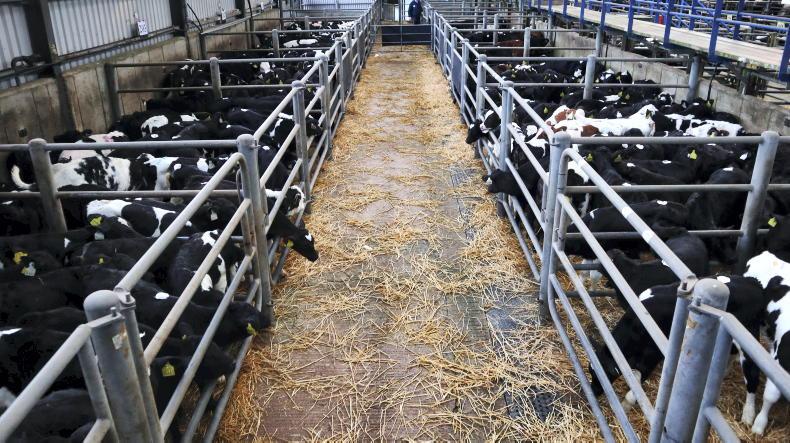The IFA and the Fédération nationale des syndicats d’exploitants agricoles (FNSEA) last week held a bi-lateral meeting to discuss issues of mutual concern and agreed to work closely in the coming months to influence farm policy.
Led by Christiane Lambert, who is also the president of COPA, and Tim Cullinan, the two teams discussed the latest CAP reform, including the so-called ‘Green architecture’, and the proposals to strengthen some GAECs, and deduct up 30% of farmers’ Basic Payment to fund ‘Eco Schemes’.
Conditionality requirements shall not go beyond the current greening measures. Their implementation shall take into account the farms’ agronomic and economic realities.
Regarding the ‘Eco Schemes’, Lambert and Cullinan stressed the dual need – on the one hand, the efforts of farmers shall be recognised, on the other hand, the ‘Eco Schemes’ should be based on an incentive approach, to allow access to the greatest number, in order to encourage a real ecological and climate transition.
Both agreed that the eventual outcome has to safeguard the Basic Payment of farmers involved in the production of food.
“Both organisations will continue to work in Brussels and in their home countries to secure a CAP that recognises that farming must be a commercially viable activity.
“The CAP must underpin the income of farmers, who make such an important contribution to their rural economy,” they said.
A stable and resilient supply of healthy and affordable food for people is, and remains, the core task of agriculture. The COVID-19 crisis has shown once again the importance of a strong European agriculture and domestic food production sector for the security of food supply.
Lambert and Cullinan called on the EU Commission to commit to a proper analysis of the Farm to Fork and bio-diversity strategies, which are the European Green Deal.
They said such radical proposals, with very significant implications for the production of food, have to be fully evaluated.
IFA and FNSEA can accept the objectives of the Green Deal, provided that there is a reliable path with a fair transition for European farmers, fully taking into account the three pillars of sustainability. The two presidents condemned the approach of the Commission to trade policy and reiterated their common view that the Mercosur deal should be set aside.
“Pursuing this policy is penalising European farmers who meet the highest standards. We have been assured that additional imports cannot happen if the Mercosur countries don’t meet our standards, but we know they don’t come near our production systems,” they said.
In the context of Brexit, IFA and FNSEA reaffirmed their commitment to maintaining trade flows between the EU and the UK.
IFA survey on fertiliser shows it pays to shop around
IFA farm business and inputs chair Rose Mary McDonagh has highlighted the variations in fertiliser prices across the country in the month of January, following a recent survey completed by the IFA.
“Fertiliser prices will differ slightly from region to region, there are still savings to be made from shopping around.”
IFA has completed a survey on the prices of several fertilisers in each county.
There is a significant variation in fertiliser prices across the country, ranging from €10/t to €30/t.
The keenest quotes are for volume orders and/or near cash deals. In many cases, bulk purchase and self-collection reduce prices by €10/t to €20/t.
However, some merchants are offering extended credit terms in order to secure good business. Buyer groups in many instances are securing discounts on the above quotes.
Price hikes
McDonagh added that since the beginning of February, there have been aggressive price hikes, with increases of €30/t common across most fertilisers despite strong supply. Wholesale prices have increased because of difficulties sourcing raw materials and the impact of COVID-19 on supply chains.









SHARING OPTIONS